Posted on 8/22/2024
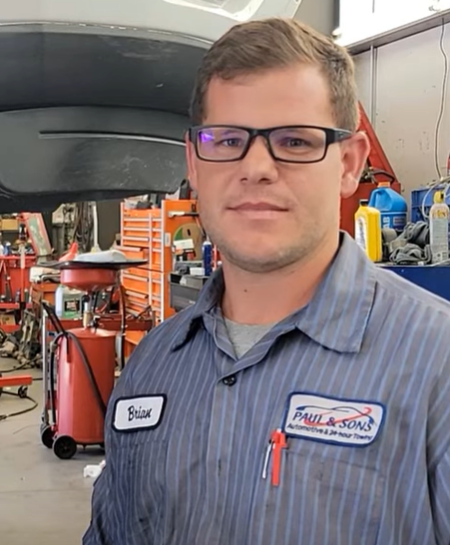
When you decline a vehicle repair, it often means that an underlying issue remains unresolved. Over time, this issue can worsen and lead to additional problems. Here’s why this happens: Progressive Damage: Some vehicle issues, like a failing transmission or worn-out brakes, can deteriorate over time if not addressed. This can lead to more severe damage and costly repairs. Compounding Problems: Unresolved issues can affect other parts of your vehicle. For instance, a small oil leak can lead to engine damage if not fixed. Increased Wear and Tear: Neglecting necessary repairs can lead to increased strain on other components, causing them to wear out faster. Safety Risks: Certain issues, such as brake or steering problems, can become more dangerous if left unaddressed, potentially compromising your safety. Addressing repairs promptly helps prevent these cascading effects and ensures your vehicle remains reliable ... read more
Posted on 8/22/2024
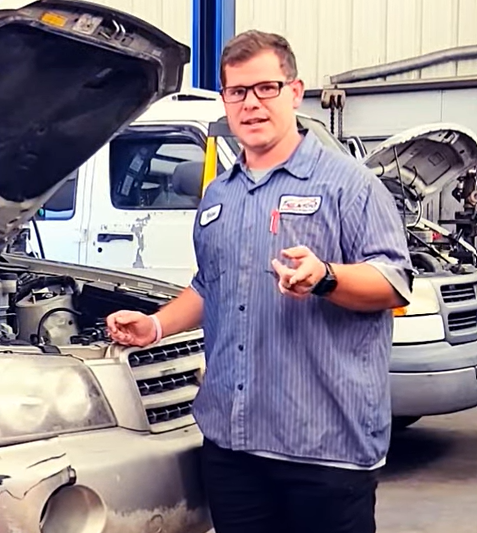
Servicing your vehicle on time is crucial for several reasons: Safety: Regular maintenance helps ensure that all safety systems, such as brakes, tires, and lights, are functioning correctly, reducing the risk of accidents. Performance: Timely servicing keeps your vehicle running smoothly, enhancing overall performance and fuel efficiency. Longevity: Routine maintenance can prevent major issues and extend the lifespan of your vehicle by addressing wear and tear before it leads to significant damage. Cost Savings: Preventative maintenance is often less expensive than major repairs that result from neglected issues. Resale Value: A well-maintained vehicle typically has a higher resale value, as it demonstrates that it has been cared for properly
Posted on 8/16/2024
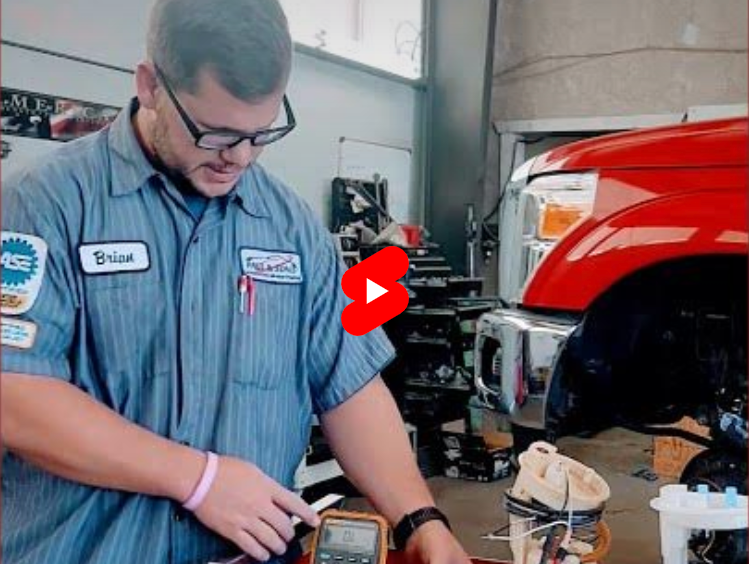
Faulty Fuel Sender Unit: This unit, located in the fuel tank, sends the fuel level information to the gauge. If it fails, the gauge may read incorrectly or not at all. Bad Fuel Gauge: The gauge itself might be malfunctioning or have an electrical issue. Wiring Issues: Damaged or loose wires between the fuel sender and the gauge can cause problems. Blown Fuse: A fuse related to the fuel gauge system might be blown. Grounding Issues: Poor grounding can disrupt the signal and affect gauge readings
Posted on 8/13/2024
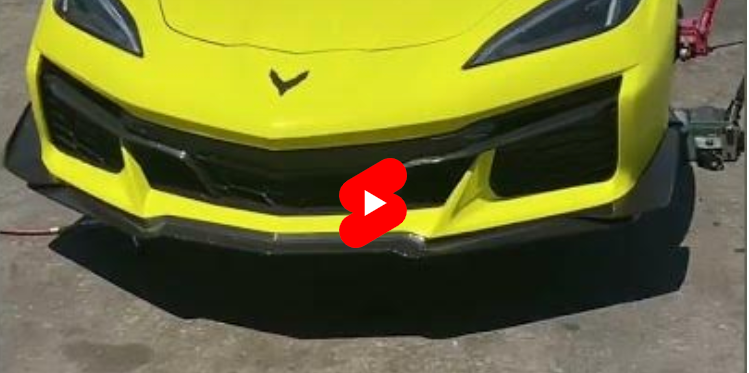
At A&L Tire Company, located at 317 W. Inyokern Rd, we specialize in premium tires and wheels for exotic vehicles. Enhance performance and style with our top-notch services tailored to your high-end ride. From custom wheel fittings to precision tire installations, trust us to keep your exotic vehicle in peak condition. Drive with confidence and sophistication—visit us today! A&L Tire Company 317 W. Inyokern Rd Your destination for excellence in exotic vehicle care.
Posted on 8/7/2024
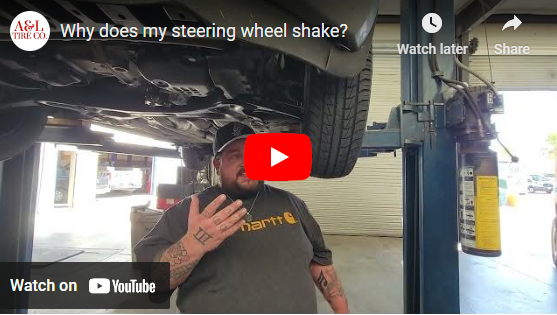
A separated tire, where the tread or internal components start to detach from the tire itself, can exhibit several noticeable symptoms: Vibration: You may experience unusual vibrations or a rough ride, particularly at higher speeds, due to the imbalance caused by the separation. Noise: There could be a pronounced thumping or flapping noise from the tire as it rotates, which can be caused by the detachment of the tread or internal layers. Visual Damage: Look for visible signs of separation, such as bulges, bubbles, or distorted areas on the tire's surface. Tread may appear uneven or peeling away from the sidewalls. Handling Issues: The vehicle might exhibit poor handling, pulling to one side, or unstable steering, as the tire's performance deteriorates. Increased Heat: The tire may overheat more quickly, leading to potential blowouts if the separation is severe. Loss of Pressure: You might notice a gradual loss of air pressure due to the separation affecting the tire&rsquo ... read more
Posted on 8/5/2024
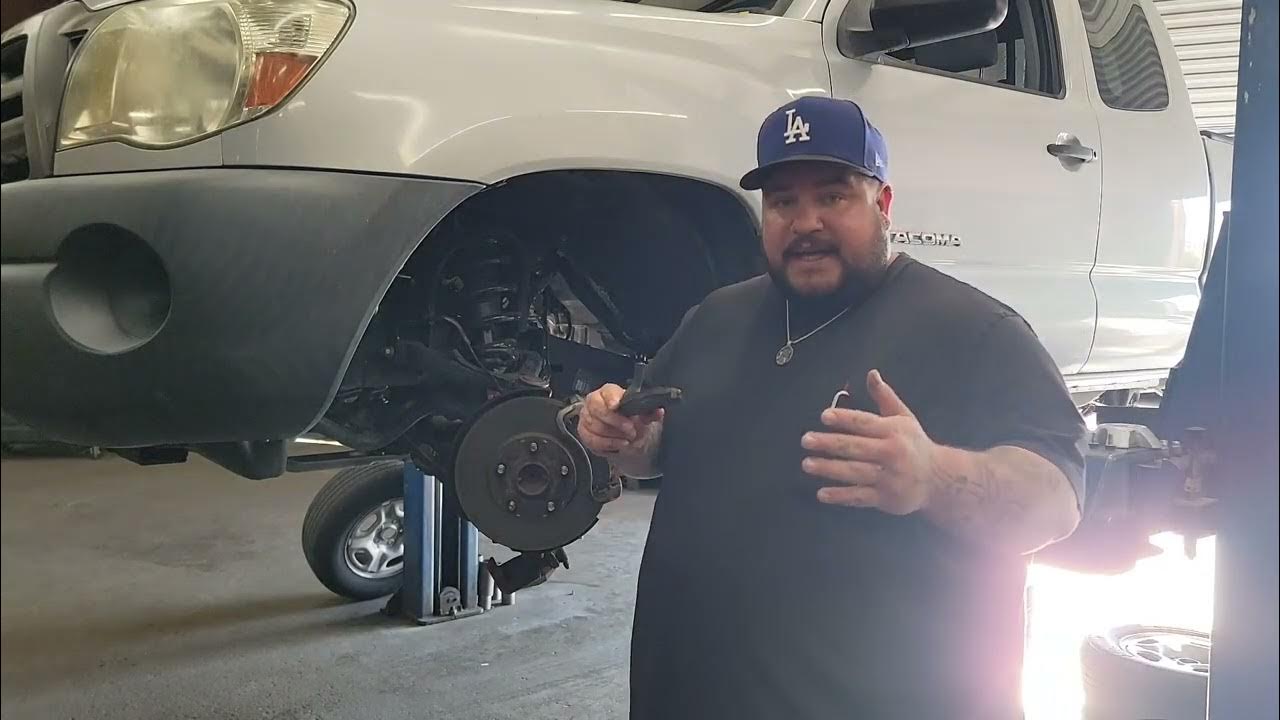
Brakes can squeak for several reasons: Dust and Debris: Dust or debris between the brake pads and rotor can cause squeaking. Cleaning the brakes can help. Wear and Tear: Worn-out brake pads or rotors can cause noise. If they’re too thin, they may need replacing. Glazed Pads or Rotors: Overheating can cause the brake pads or rotors to become glazed, leading to squeaking. Resurfacing or replacing these components might be necessary. Lack of Lubrication: The brake caliper slides or contact points might need lubrication. Brake Pad Material: Some brake pads, especially those with metallic or semi-metallic compounds, can be noisier. If the squeaking persists, it’s a good idea to have a professional inspect your brakes to ensure everything is functioning properly. #automobile #automotive #offroad #tireshop #brakepads #brakerepair #mechanic